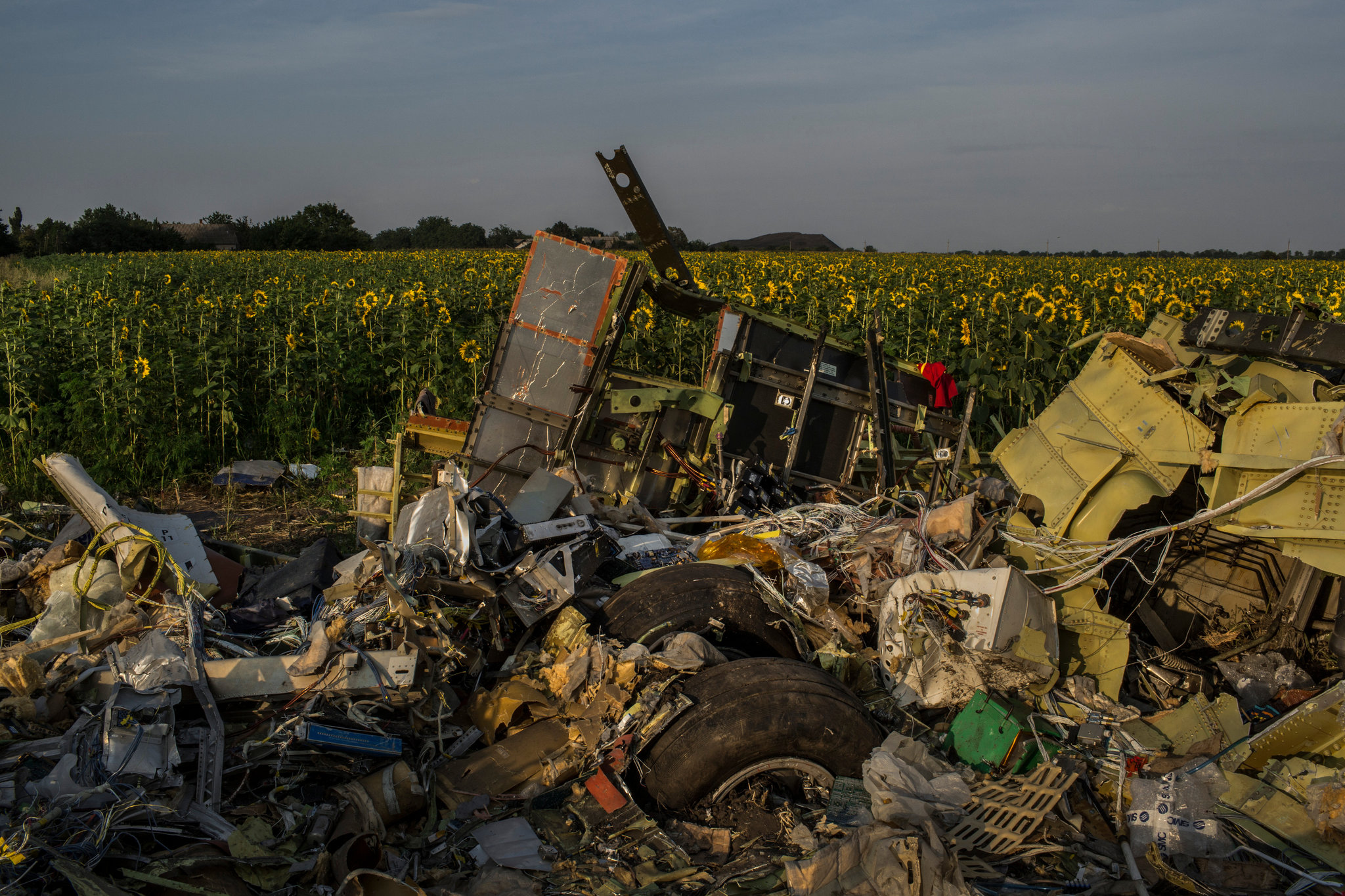On July 17, 2014, a horrifying event unfolded in the skies over eastern Ukraine. Malaysia Airlines Flight 17 (MH17), a Boeing 777-200ER passenger jet flying from Amsterdam to Kuala Lumpur, crashed in territory controlled by pro-Russian separatists. This devastating tragedy resulted in the loss of all 298 people on board, including passengers and crew. The aftermath of the crash sparked a complex international investigation and raised serious questions about the ongoing conflict in Ukraine.
The flight path of MH17 took it over a warzone. Eastern Ukraine had been embroiled in a violent conflict between Ukrainian government forces and pro-Russian separatists since early 2014. Despite the ongoing hostilities, MH17 was cleared for flight by Ukrainian air traffic control.
The cause of the crash remained a mystery for several days. Initially, conflicting reports emerged, with both sides of the conflict blaming each other. However, a growing body of evidence pointed towards a missile attack. Debris from the wreckage was scattered across a wide area, and social media footage showed a surface-to-air missile (SAM) launch shortly before the crash.
A full-scale international investigation was launched, led by the Netherlands, which had the highest number of casualties on the flight (196). Investigators faced significant challenges, as the crash site was located in a warzone controlled by separatists. Despite these difficulties, a team of international investigators was eventually able to secure the area and begin collecting evidence.
The investigation’s painstaking work yielded a grim conclusion. A Dutch Safety Board report released in 2015 determined that MH17 was shot down by a Buk surface-to-air missile of Russian origin. The report further concluded that the launch originated from an area controlled by pro-Russian separatists at the time of the crash.
The findings of the investigation sparked outrage and condemnation from the international community. Several countries, including the Netherlands, Australia, and Malaysia, held Russia responsible for the tragedy. However, Russia has consistently denied any involvement, claiming that Ukrainian forces were responsible.
The downing of MH17 remains a complex and unresolved issue. While the international investigation concluded that a Russian-made missile caused the crash, the exact chain of events and who ultimately bears responsibility remain disputed.
The MH17 tragedy serves as a stark reminder of the dangers of armed conflict in civilian airspace. It also highlights the importance of international cooperation in investigating such incidents. The families of the victims continue to seek justice, and the full story of MH17 may never be definitively known. However, the event stands as a powerful symbol of the devastating human cost of war.
Here are some additional points to consider:
- The downing of MH17 had a significant impact on international relations, further straining tensions between Russia and the West.
- The tragedy also led to calls for stricter regulations on the use of surface-to-air missiles in conflict zones.
- The MH17 disaster continues to be a subject of ongoing legal proceedings. In 2022, a Dutch court found three individuals guilty of murder in absentia for their roles in the downing of MH17.
This event serves as a reminder of the importance of international cooperation and diplomacy in resolving conflicts peacefully to avoid such tragedies from happening again.












What do you think?
It is nice to know your opinion. Leave a comment.